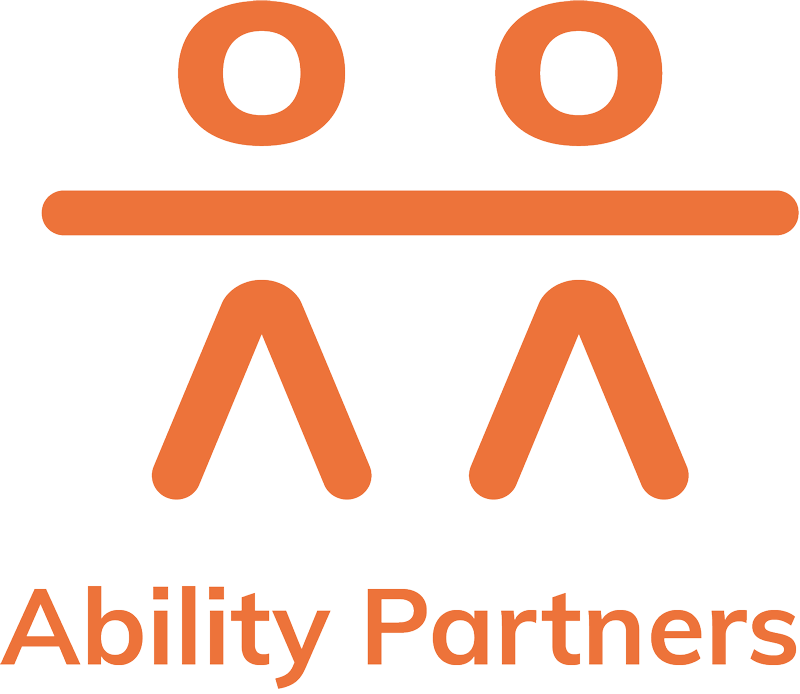A formal ASD Diagnosis Assessment can serve as a gateway to accessing essential services and supports for participants. A comprehensive evaluation can provide a clear understanding of an individual’s needs and provide crucial insights and support for families and carers. In this blog we will explore six ways an ASD Diagnosis Assessment can support your participant.
What is Autism Spectrum Disorder (ASD)?
Autism Spectrum Disorder (ASD) is a developmental condition characterised by differences in communication, behaviour, and social interaction. It is called a spectrum disorder because it affects individuals in varying ways and to different degrees. People with ASD may have unique strengths and face challenges that are distinct from one another.
Key Characteristics of ASD
- Communication: Individuals with ASD may have difficulties with verbal and non-verbal communication. This can include challenges in understanding language nuances, maintaining eye contact, or using gestures effectively.
- Social Interaction: Social skills can be impacted, making it difficult for those with ASD to understand social cues, engage in typical conversational exchange, or develop and maintain friendships.
- Behaviour: Repetitive behaviours and specific routines are common. This can manifest as repeating certain actions, strict adherence to schedules, or intense focus on interests
What is involved in an ASD Diagnosis Assessment?
An ASD Diagnosis Assessment can be requested to determine if a child or adult meets the criteria for Autism Spectrum Disorder (ASD). This comprehensive evaluation can be used as evidence for a formal diagnosis, to assist with NDIS recognition, and to ensure appropriate supports are allocated to help achieve optimal capacity in activities of daily living. The assessment typically includes:
- A clinical interview with the individual and relevant family members or caregivers.
- Comprehensive behavioural and developmental assessments tailored to autism-specific concerns.
- Collection and review of detailed documentation, outlining any diagnoses and results.
- Development of treatment recommendations and evidence for a formal diagnosis to assist with NDIS applications.

6 Ways an ASD Diagnostic Assessment can Support Participants
1. Helping their Clients Understand their Unique Profile
An ASD diagnosis offers a roadmap to understanding your or your loved one’s unique strengths, challenges, and developmental needs. It provides a comprehensive picture that empowers you to navigate life with greater clarity and purpose, going beyond mere labels.
2. Access to Essential Services
A formal ASD diagnosis often serves as a gateway to accessing essential services and supports. This includes educational accommodations, specialised therapies, and assistance through programmes like the National Disability Insurance Scheme (NDIS). These resources can significantly enhance the quality of life and provide the tools needed to thrive.
3. Personalised Treatment and Interventions
With a clear diagnosis, our team can develop personalised treatment plans tailored to your specific needs. Whether it’s behavioural interventions, social skills training, or therapeutic supports, our approach is centered around helping you achieve your fullest potential.
4. Support for Families and Carers
A diagnosis impacts not only the individual but also provides crucial insights and support for families and carers. It allows for better understanding, strengthens communication, and empowers everyone involved to provide effective support.
5. Empowerment and Advocacy
Understanding your diagnosis empowers you to advocate for yourself or your loved one. It enables informed decision-making, encourages self-advocacy skills development, and promotes a sense of empowerment in navigating systems and seeking appropriate resources.
6. Early Intervention
For children, early intervention can make a profound difference in developmental outcomes. An early ASD diagnosis allows for timely intervention, maximising the effectiveness of therapies and supports during critical developmental stages.
Why Understanding ASD is important
- Individual Variability: Each person with ASD is unique. Understanding this helps in providing tailored support that caters to individual needs rather than a one-size-fits-all approach.
- Early Intervention: Recognising ASD early can lead to interventions that significantly improve developmental outcomes, especially in children.
- Inclusivity: Awareness and understanding of ASD promote inclusivity and acceptance in communities, schools, and workplaces.
Living with ASD
People with ASD can lead fulfilling lives with the right support and interventions. Many individuals with ASD have remarkable talents and abilities, particularly in areas like mathematics, music, and visual arts. The goal is to create environments where they can thrive, leveraging their strengths and addressing their challenges effectively.
How We Can Help
Here at Ability Partners, we offer ASD Diagnosis Assessments.
Our friendly support team are ready to assist you. Call us on 1800 AP NDIS (1800 27 6347) or email enquiries@abilitypartners.com.au.


